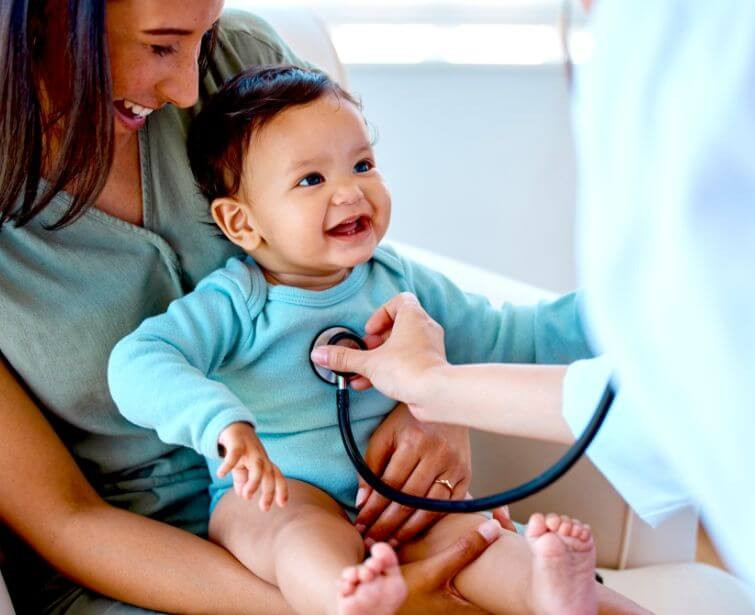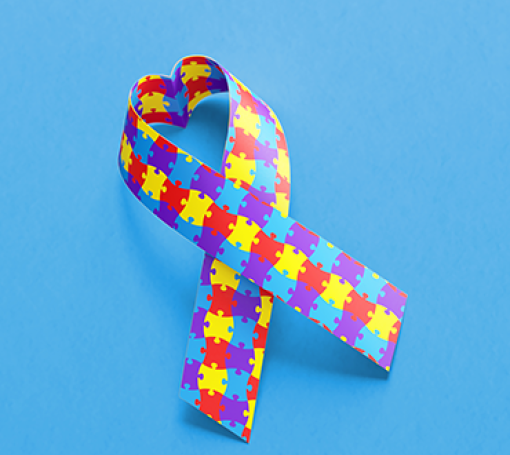Allegro Care Options
Our experienced team offers high quality and personalized care for every stage of life, from birth through the teenage years.

Find An Allegro Clinic Near You
We have eight clinics in convenient neighborhood locations across the Eastside.
Here to Serve You
8
Clinic Locations
90+
Providers
55+
Years of Expertise
365
Days of Care per Year

News and Information
View All Posts
Autism Acceptance
April is Autism Acceptance Month. Lauren Frishholz, Nurse Practitioner at Allegro Pediatrics, offers helpful information for families of children with an autism diagnosis.

Constipation
Constipation is common in children. Learn what is considered healthy and what you should do if you believe your child may be constipated.

Children & Nutrition
Dr. Eva Taylor answers some of the most common questions about children and nutrition.





